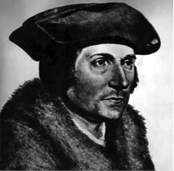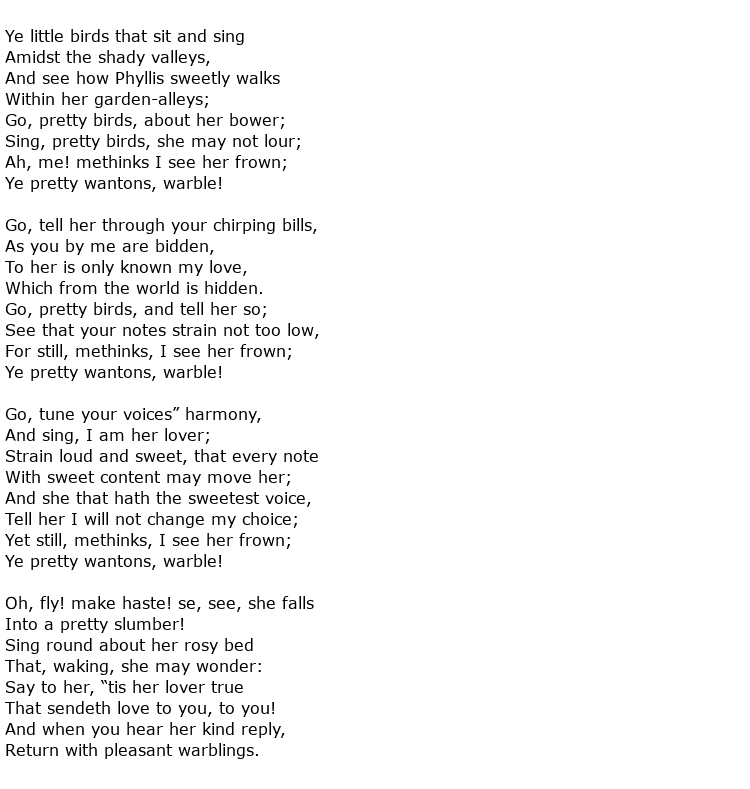 Thomas Heywood was an English writer whose main achievements lay in his playwriting during the late Elizabethan and early Jacobean eras. As well as writing poems and plays, he was also a successful actor.
Thomas Heywood was an English writer whose main achievements lay in his playwriting during the late Elizabethan and early Jacobean eras. As well as writing poems and plays, he was also a successful actor.
It is generally accepted that Heywood was born some time during the first half of the 1570s but the exact year cannot be determined. Details about his early life are a little thin on the ground but it is thought that he may have been born in Lincolnshire, the son of a country clergyman. He studied at one of the University of Cambridge colleges, but which one is unclear, as is the result of these studies.
However, on leaving college, he took himself off to London and was soon involved in theatrical circles. His talent for writing was established when he had his first play performed in October 1596. He also joined the same company, known as the Admiral’s Men, as an actor but there was little or no money to be made from such a venture. He tried other companies but his real talent lay in writing and at least 23 plays and 8 masques have been attributed to him.
He wrote plays based on real historical events, such as If You Know Not Me, You Know Nobody or The Troubles of Queene Elizabeth which appeared in 1606. Earlier work concerned the Wars of the Roses. His work was much admired by other writers. For example, Charles Lamb called him the “prose Shakespeare”. Some of his work though contained what was described as “merry accidents”; in other words, some of Heywood’s plays descended into farce, whether intentionally or not.
He seemed to specialise in comedies and, occasionally, tragic tales of domestic strife. Possibly his best work was a 1603 production called A Woman Killed with Kindness but we must not forget his substantial output of poetry and prose. His two major projects were the poetic works Gunaikeion, published in 1624, and The Hierarchy of the Blessed Angels in 1635. Here is an example of Heywood’s quirky approach to some of his poetry. It is a piece called Ye little birds that sit and sing, a romantic plea to the birds that sing in the trees to ensure that their sweet song might encourage a lady to accept their trilled message as evidence of his true love for her:

Heywood’s popularity though lay squarely with his theatrical efforts; more as a writer than an actor of course. His work was appreciated by most of those who saw it, most notably a play called Love”s Mistress or the Queen”s Masque. This was performed from 1634 onwards and, at one time, it was seen no fewer than three times in a period of eight days by King Charles I and his Queen.
Because records were unreliable, Heywood’s date of death can only be guessed at, though it is certain that he was buried at St James church in Clerkenwell, London on the 16th August 1641. This would have placed his age in the late 60s, or possibly even beyond his 70th year.

